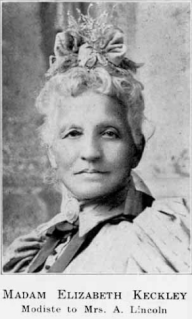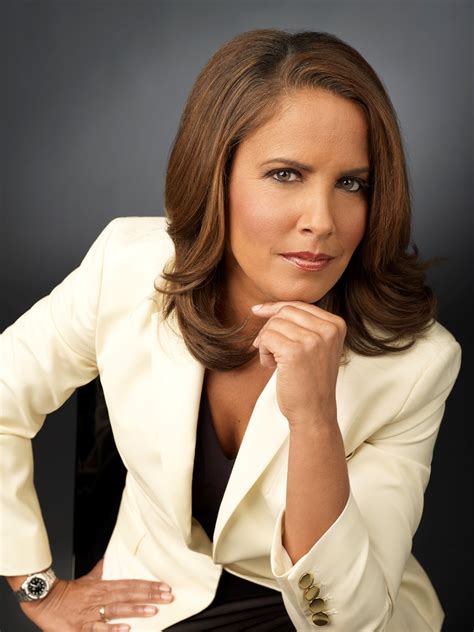A Quote by Frederick Lenz
For some reason, the women in my life have always been extremely powerful. I've learned a great deal from that. I've learned that we're all women when we're complete and we're all men.
Related Quotes
I have been exposed to a great deal of the issues surrounding PTSD, but what I have learned that is most relevant to my work on Mercy Street is that this illness is timeless. We didn't have a diagnosis for PTSD in the Civil War like we do today, but those men and women definitely suffered from similar psychological wounds as our men and women in uniform do today.
In India, [in] the great documents like [the] Upanishads in eighth century B.C., you find some of the wisest [women] making great, learned speeches and then you worship them, but actually don't do very much about girls' education generally. So I think there has been a kind of dual presence of pain, respect, and saying you are great, etc., but not providing the basic facilities that make women able to lead the kind of life that they would like to and that men easily do.
In assembling this group of portraits of women, I'm aware that I'm treading on dangerous ground. When I was in college, I learned to be distrustful of men's depictions of women. I remember seeing Garry Winogrand's book Women Are Beautiful in the school library and being shocked that it hadn't been defaced for its blatant objectification of women. But looking back, maybe I was too harsh. Whether one photographs men or women, it is always a form of objectification. Whatever you say about Winogrand, his depiction was honest.
Many women, particularly young women, have claimed the right to use the most explicit sex terms, including extremely vulgar ones, in public as well as private. But it is men, far more than women, who have been liberated by this change. For now that women use these terms, men no longer need to watch their own language in the presence of women. But is this a gain for women?
Poor dusky children of slavery, men and women of my own race-the transition from slavery to freedom was too sudden for you! The bright dreams were too rudely dispelled; you were not prepared for the new life that opened before you, and the great masses of the North learned to look upon your helplessness with indifference-learned to speak of you as an idle, dependent race. Reason should have prompted kinder thoughts. Charity is ever kind.
Women have always been more critical of marriage than men. The great mysterious irony of it is - at least it's the stereotype - that women want to get married and men are trying to avoid it. Marriage doesn't benefit women as much as men, and it never has. And women, once they are married, become very critical of marriages in a way that men don't.
I suppose the most important thing, the heaviest single factor in one's life, is whether one's born male or female. In most societies it determines one's expectations, activities, outlook, ethics, manners - almost everything. Vocabulary. Semiotic usages. Clothing. Even food. Women... women tend to eat less... It's extremely hard to separate the innate differences from the learned ones. Even where women participate equally with men in the society, they still after all do all the childbearing, and so most of the child-rearing.
Women had always been thought of as looking after the family when men go and earn an income and they're the bread earner and so on. So there is a kind of generation of inequality, [and], on top of the fact, women have pregnancies and periods, [and] when the children are very small, there are greater demands on their time. So one way or another women have had a pretty rough deal in the past, and there's no reason why that should continue, and any country that has tried to remedy that has succeeded in doing so.
If women had power, what would men be but women who can't bear children? And what would women be but men who can?" "Hah!" went Tenar; and presently, with some cunning, she said, "Haven't there been queens? Weren't they women of power?" "A queen's only a she-king," said Ged. She snorted. "I mean, men give her power. They let her use their power. But it isn't hers, is it? It isn't because she's a woman that she's powerful, but despite it.

































